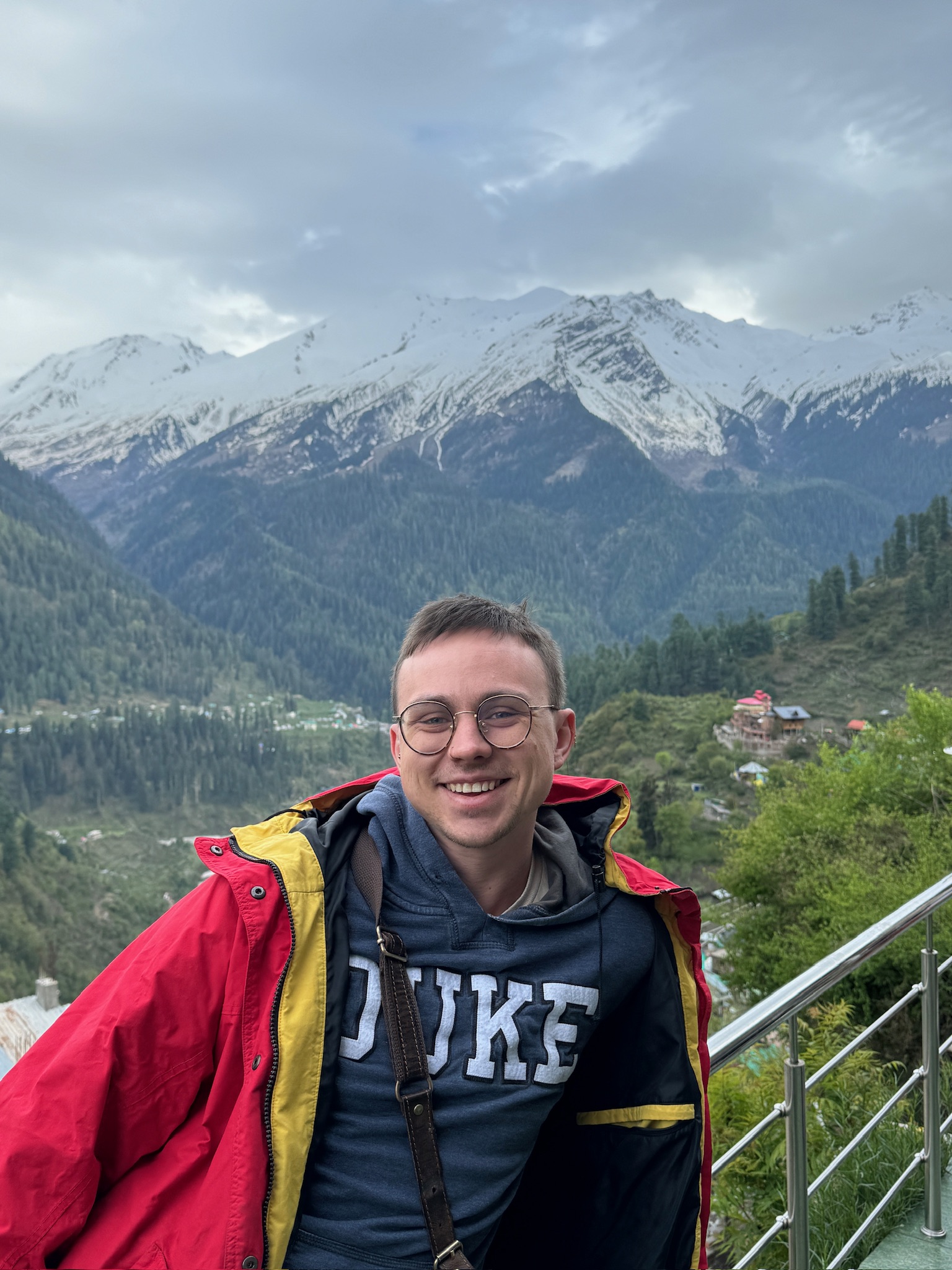
Elliott Kauffman
Status: Current Trainee
- GPU training module
Biography and Interests
I am a second-year PhD student at Princeton University working in the CMS group and advised by Prof. Isobel Ojalvo. At Princeton, I am focused on applications of the two anomaly detection-based algorithms in the Level-1 Trigger in analysis. Particularly I am interested in BSM searches involving signatures with anomalous jet structure, including BSM theories involving long-lived particles. So far, I have been studying different features of events triggered by these algorithms, AXOL1TL and CICADA, including investigating which Standard Model processes can be observed in these events. I believe that approaches which utilize state-of-the-art computing tools to maximize the discovery potential of the LHC, are an important area to focus on in the coming years. This is currently my main focus for my PhD.
Before my time as a PhD student, I worked as an IRIS-HEP fellow on a number of projects. I was heavily involved with the Analysis Grand Challenge, which provides a realistic analysis workflow for testing different analysis tools and analysis facilities. I introduced ML inference into the analysis pipeline, showing how this can be optimized using the NVIDIA Triton inference server to hand off inference computations to be performed on a GPU. I am still somewhat involved in this project in a mentoring role. Before this, I worked on a Primary Verted Finder Algorithm known as PV-Finder. PV-Finder is a hybrid deep learning algorithm which identifies primary vertices.
I am excited to learn more about computing through the TAC-HEP program.
Project
My project will focus on the CICADA anomaly detection trigger. CICADA is trained using knowledge distillation, which requires a complex teacher model and a simpler student model which learns the output of the teacher model. This is helpful in order to produce a model which is deployable on an FPGA. The previous student model consists of a simple convolutional neural network. I will explore implementing new types of networks on FPGAs that may offer further speedup.
Recent Accomplishments
- I took a course at Princeton on the C programming language, assembly language, and machine language.
- I’ve finished the class requirements for my physics PhD at Princeton through taking courses in field theory, particle physics, and biophysics.
- I presented on my CICADA work at the 2024 US LUA annual meeting and was one of the winners of the lightning round talk competition
Mentors
- Isobel Ojalvo, Lino Gerlach, Andrew Loeliger (Princeton University)
- Jennifer Ngadiuba (FNAL)
- Jannicke Pearkes (University of Colorado, Boulder)